While it does not get as much attention as hydrogen, green methanol could play a crucial role in a climate-neutral industry. Ideas for a Methanol Economy have been around for decades, but the implementation challenges should not be underestimated.
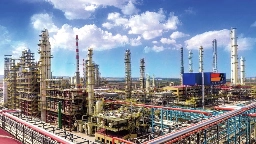
Many shipping companies see e-methanol - made from hydrogen and carbon dioxide - as the most promising future clean fuel. But it appears they do not want to buy it: energy company Ørsted canceled plans for an e-methanol production facility due to a lack of offtake agreements. A weakened EU regulatio...

A chart linking low energy consumption with poverty is widely shared on social media. The graphic uses a misleading visualization, and if we look at the data more objectively, it tells a very different story - one that highlights the potential of energy efficiency.

Methane made from green hydrogen and carbon dioxide can directly replace fossil gas. The company TES wants to produce such e-methane, but critics say: that only works due to stacked subsidies and could delay important transformation steps.
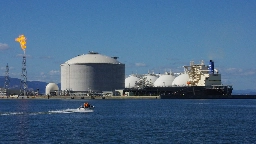
A controversy about the Hammerfest LNG plant on the Norwegian island Melkøya raises questions about the affordability of post-combustion carbon capture and storage. Equinor wants to electrify its operations - and said CCS would be too expensive.

How Iceland and Norway sell their Green Electricity twice (Video)

YouTube Video
Click to view this content.
At a recycling facility on the outskirts of Berlin, carbon emissions from biomethane production are stored in construction waste. The Swiss company Neustark hopes that its technology will play a part in a future carbon removal industry.
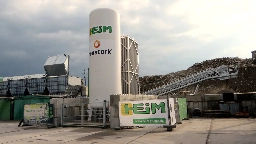
Electrifying steam cracking can reduce emissions in the chemical industry, but it does not change the use of fossil input materials. It is only a first step towards climate-neutral chemicals.
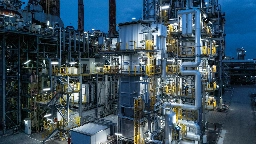
In the atmosphere, hydrogen acts as an indirect greenhouse gas. Recent studies show that its warming potential is higher than previously thought, causing concerns about a much wider use of hydrogen in the future. Yet, very little is known about hydrogen leakage rates.

Unfortunately, they will still be able to make claims of sourcing green electricity by buying double-counted guarantees of origin from Norway...
See also: https://industrydecarbonization.com/news/the-trouble-with-european-green-electricity-certificates.html And: https://m.independent.ie/irish-news/budweiser-reprimanded-for-breach-of-advertising-code-with-claims-it-uses-100pc-renewable-electricity-in-brewing/a1965099963.html
Technologies turning water and carbon dioxide into energy-rich chemicals could replace fossil fuels where electrification is not feasible. However, Carbon Capture and Utilization (CCU) would require enormous amounts of clean electricity.
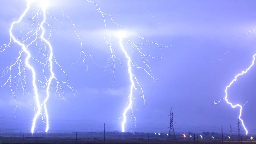
Technologies turning water and carbon dioxide into energy-rich chemicals could replace fossil fuels where electrification is not feasible. However, Carbon Capture and Utilization (CCU) would require enormous amounts of clean electricity.
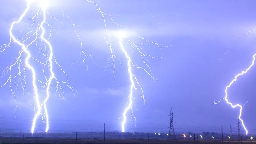
Technologies that turn carbon dioxide into fuels or chemical resources can play a role in a climate-neutral future. But they come with challenges and usually only delay emissions. This can lead to overestimating their potential.
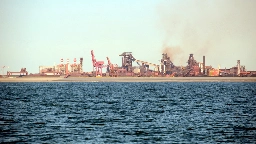
Electricity companies from Iceland and Norway sell green electricity certificates (Guarantees of Origin) while their customers advertise using the same renewable energy. After a temporary ban on certificate exports from Iceland, the responsible Association of Issuing Bodies (AIB) has permanently lif...
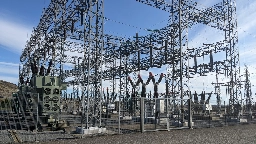
Green Electricity Certificates in Europe have a problem and effectively lead to claiming the same renewable energy twice in many cases. A temporary ban on Icelandic exports of these Guarantees of Origin by the responsible AIB has now been permanently lifted. Yet, the problems persist, and in Norway, the same issues exist.
Electric vehicle chargers of the brand Hypercharger were shipped with an insecure default password and allowed access to a configuration interface to anyone over the Internet. The vendor reacted quickly, but incidents like this show potential IT security risks of electrification infrastructure.
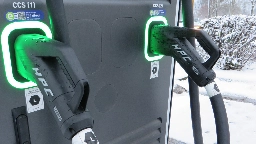
Electricity grids with high shares of wind and solar energy will require energy storage over long periods of time. A new study suggests that green methanol might be more attractive than hydrogen in some cases.
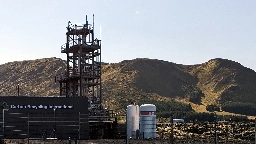
Is green methanol an overlooked storage option for the electricity grid? Two researchers argue that it sometimes has advantages over hydrogen. Storing H2 is often difficult. Methanol is liquid and much easier to store. Combined with an oxyfuel turbine, carbon could be cycled, avoiding CO2 sourcing for methanol production. #methanol #storage
The production of some nitrogen-based chemicals can cause substantial nitrous oxide emissions (N₂O), a potent greenhouse gas. Technology to stop these emissions is cheap and readily available, but it is not always applied.
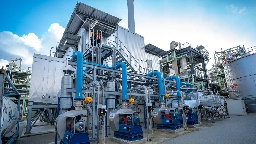
Decarbonizing plastics and other petrochemical processes requires more than clean energy; it requires different input materials. A technology used in China's coal-based chemical industry could be an interesting building block for the future of plastics.

Carbon capture and storage could help stop carbon dioxide emissions that are otherwise hard to avoid. But the technology is surrounded by controversies and is closely tied to the fossil fuel industry.
Cement is an industry where capturing carbon emissions may be necessary. A combination with process heat electrification could be better than CCS alone.
